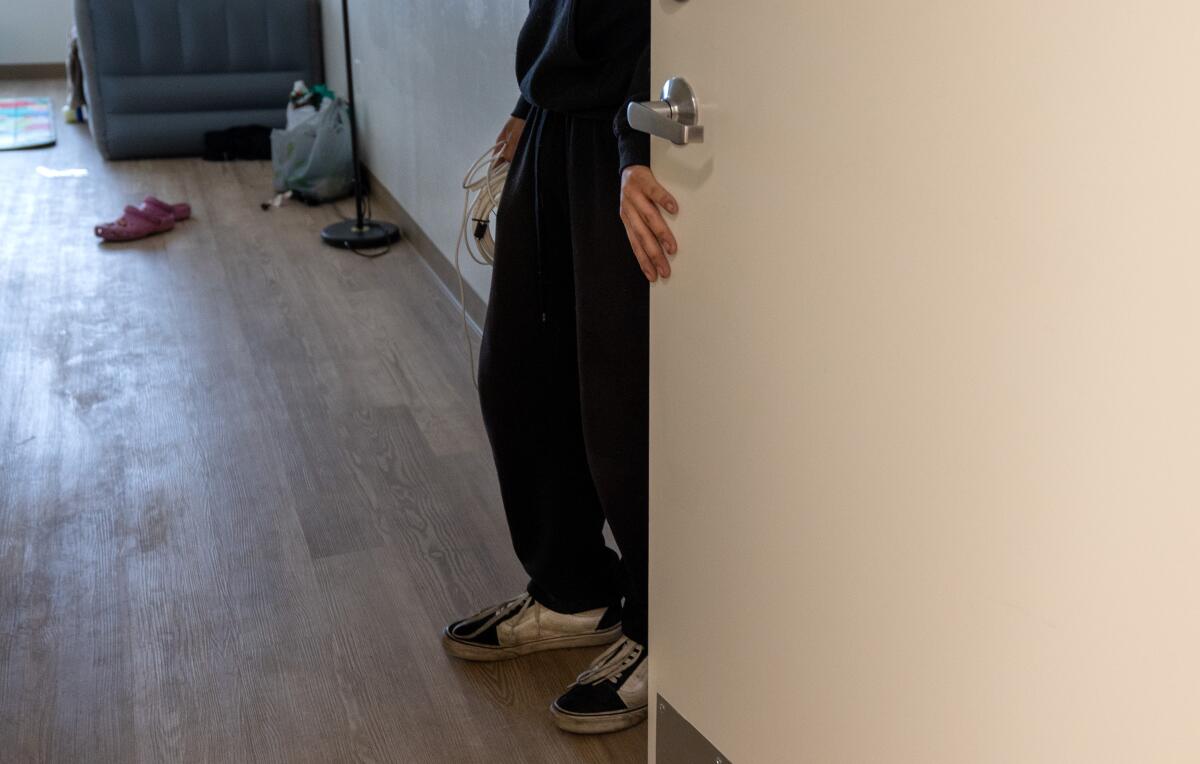Letters to the Editor: Racial disparities in foster care are in fact the result of discrimination and bias

- Share via
To the editor: To suggest that efforts to reduce racial disparities have not succeeded because of disparities in child maltreatment ignores the impact of long-standing injustices in the U.S. — traced to slavery, racism and false narratives about Black families.
The American Bar Assn., through Resolution 606, acknowledges this history, linking child welfare to long-standing surveillance and neglect of Black families.
L.A. County’s blind removal pilot is demonstrative of the lasting harm caused by slavery and racism and its current impact on the child welfare system. Data from the pilot indicated that Black parents experienced bias, and it spurred improved social work practices with attention to equity.
These findings hardly signal a failed effort — in fact, they have prompted deeper inquiry and motivation toward creating change. Government must continuously refine preventive solutions to achieve no child experiencing harm. This is one tool to help address racial disparities for Black children so all children can be uplifted.
Holly J. Mitchell, Los Angeles
Mitchell is Los Angeles County supervisor for the 2nd District.
..
To the editor: The June 26 op-ed reinforces damaging racist tropes about families ensnared in the child welfare system, and obscures hard truths about foster care. Family separation causes significant traumatic harm to children and parents, yet it is still the primary intervention offered by the child welfare system, despite the fact that most children are in foster care due to neglect, not abuse.
There is simply no evidence that Black parents abuse their children more frequently than other parents; instead, there is evidence that Black families are more likely to be reported, investigated and have their families torn apart as a result of deep systemic racism and bias woven into the laws of child protection.
Instead of tearing them apart, we should be providing support and resources to families so that they can stay together and thrive.
Sarah Katz, Philadelphia




